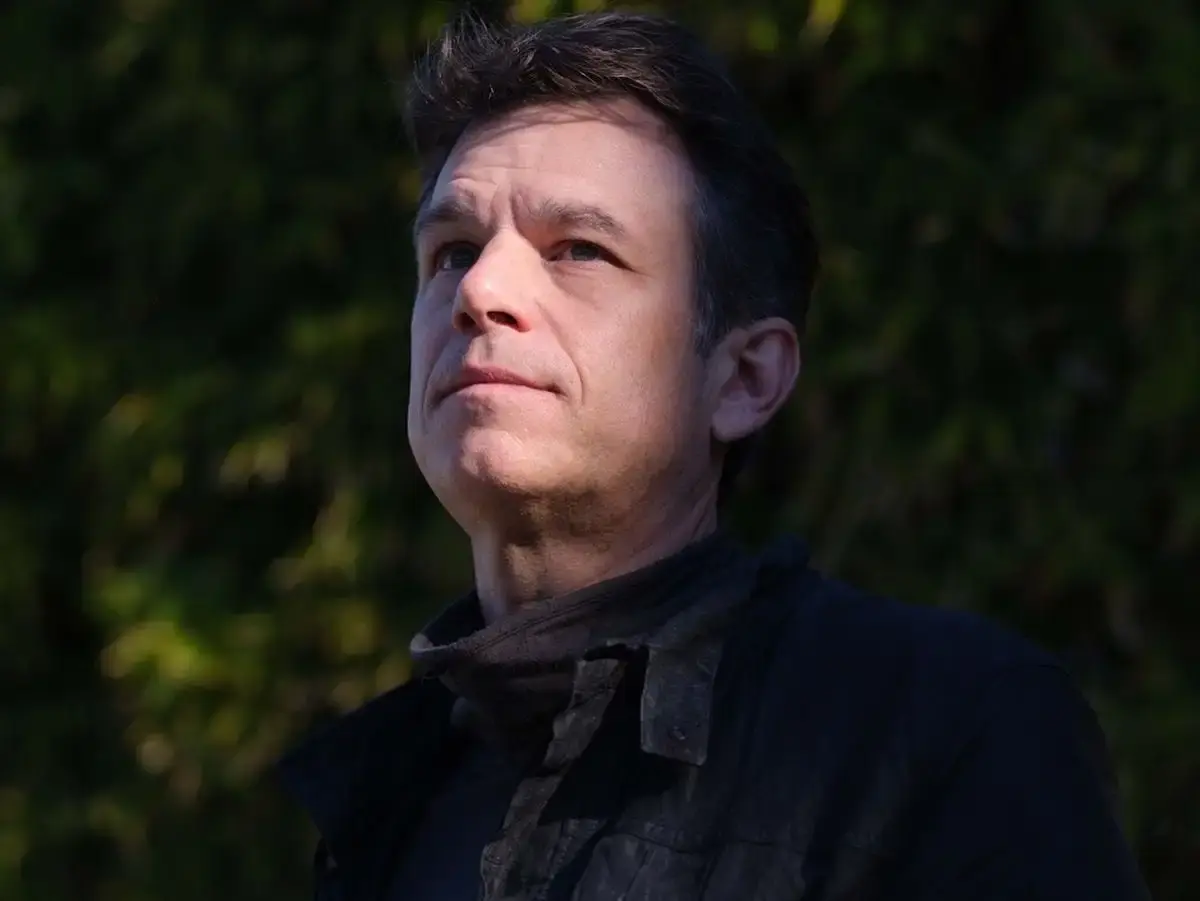The American Matthew Butterick has started a legal crusade against generative artificial intelligence (AI). In 2022, he filed the first lawsuit in the history of this field against Microsoft, one of the companies that develop these types of tools (GitHub Copilot). Today, he’s coordinating four class action lawsuits that bring together complaints filed by programmers, artists and writers.
If successful, he could force the companies responsible for applications such as ChatGPT or Midjourney to compensate thousands of creators. They may even have to retire their algorithms and retrain them with databases that don’t infringe on intellectual property rights.



I’m actually fine with generative AI that uses only public domain and creative commons content. I’m not threatened by AI as a creative, because AI can only iterate on its own training data. Only humans can create something genuinely new and original. My objection is solely on the basis of theft. If we agree that everybody has the basic right to control their own data and content, than that logically has to extend to artists: they must have the right to control their own work, and consenting to humans viewing it isn’t the same as consenting to having it fed into an AI.
I suspect there would be a lot more artists open to considering the benefits of a generative AI using only public domain and creative commons works if they weren’t justifiably aggrieved at having their life’s work strip-mined. Expecting the victims of exploitation to be 100% rational about their exploiter (or other adjacent parties trying to argue why it’s fine when they do it) isn’t reasonable. At this point, artists simply don’t trust the generative AI industry, and there needs to be a significant and concerted effort to rectify existing wrongs to repair that trust. One organisation offering a model based on creative commons artworks, when the rest of the generative AI industry is still stealing everything that’s not nailed down, does not promote trust. Regulate, compensate, mend some fences, and build trust. Then go and talk to artists, and have the conversations that should have been had before the first AI models were built. The AI industry needs to prove it can be trusted, and then learn to ask for permission. Then, maybe, it can ask for forgiveness.